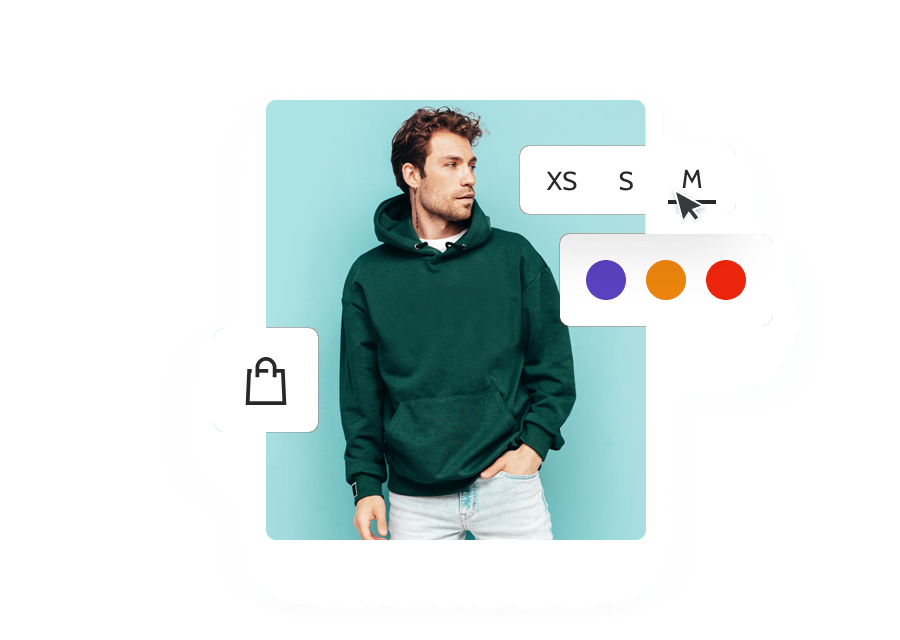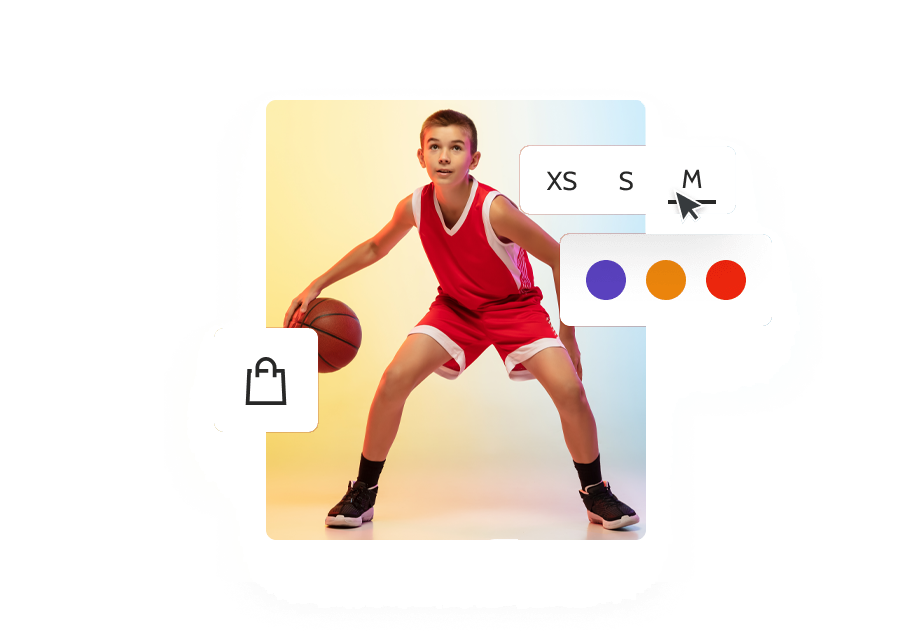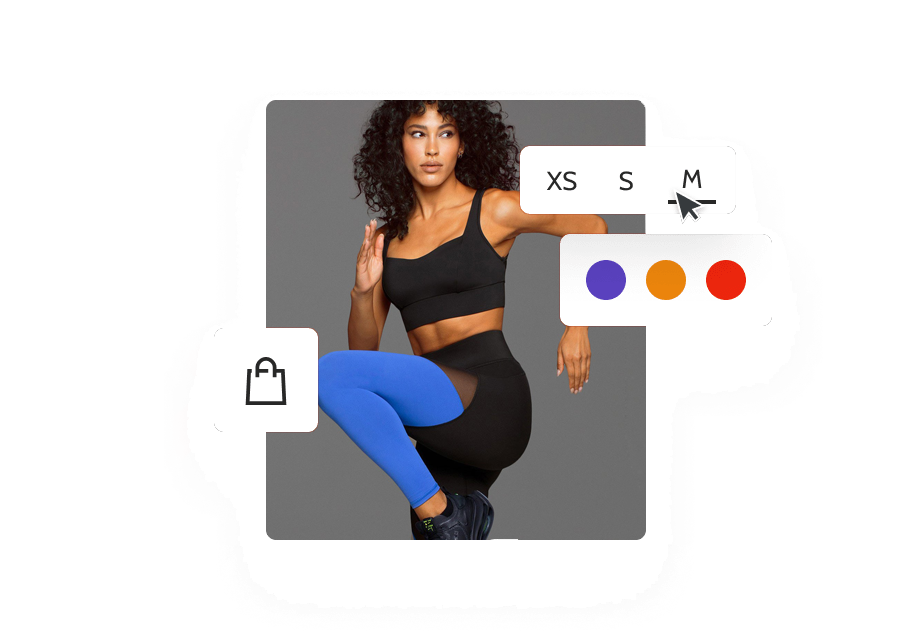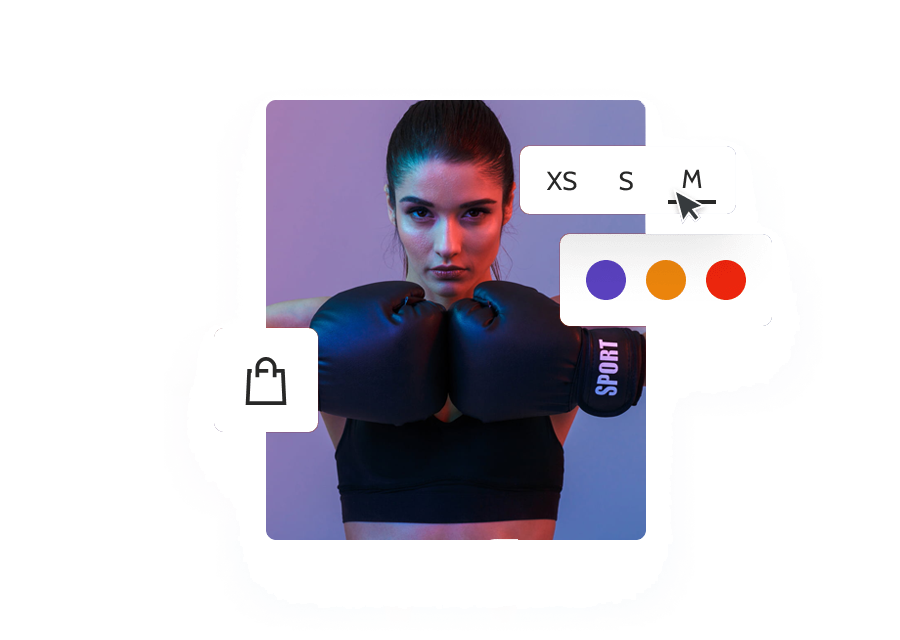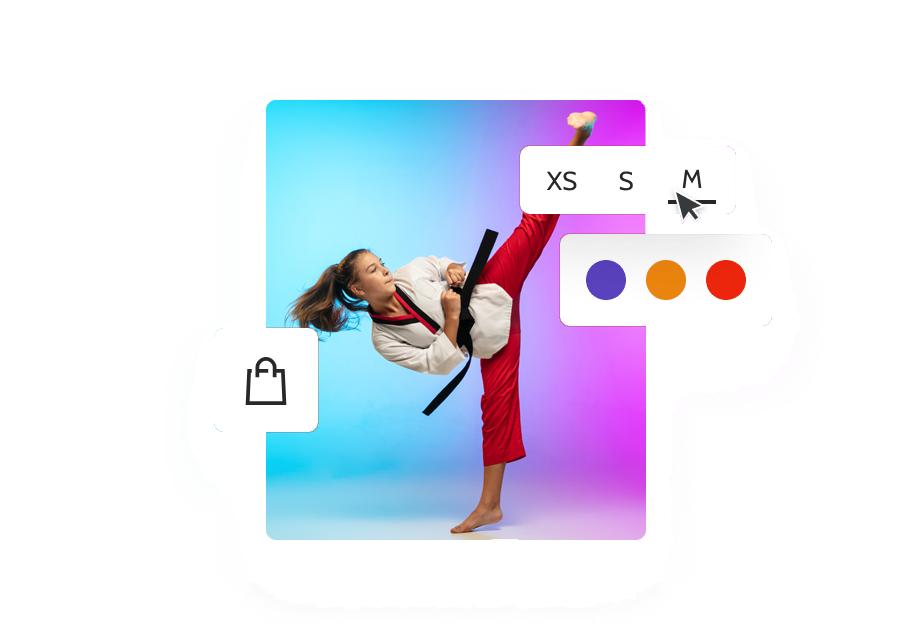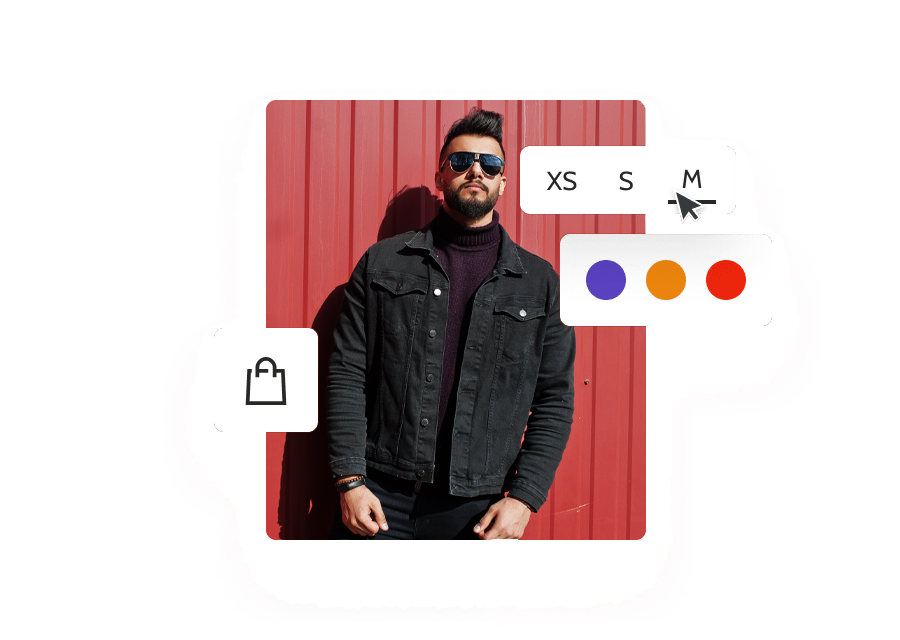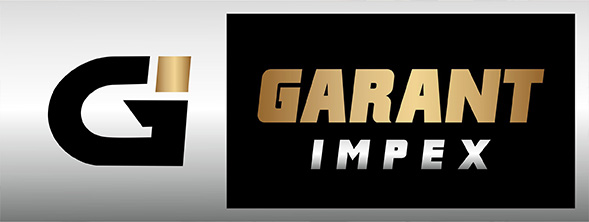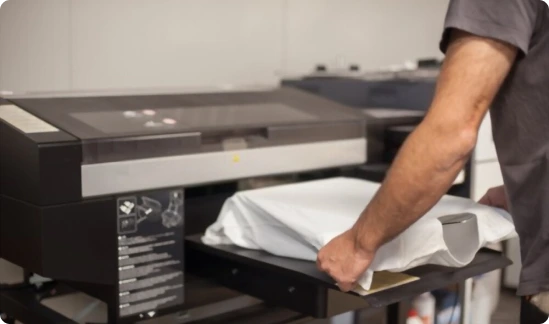
Garant Impex is a PK-based clothing Manufacturer of sports apparel that uses various printing methods to create custom designs and logos. Printing techniques include direct-to-garment, heat transfer, screen printing, digital printing, and sublimation. Each printing method is better suited to specific apparel items due to its strengths and weaknesses. For example, T-shirts are often printed with logos and designs using direct-to-garment printing.
The special ink is used to print images directly onto the fabric. Vibrant colors and a durable finish are the benefits of this process. Printing takes just a few minutes, making it one of the fastest methods. Heat transfer printing is used to transfer pre-printed designs onto apparel items. Sports brands can use this method to create intricate logos and graphics that last longer than direct-to-garment printing. In addition, it allows more control since the graphic can be placed precisely where it is needed.
In contrast, screen printing is often used to print large quantities of a single design. In addition to being cost-effective, it offers various colors and finishing options. In addition to creating unique and eye-catching designs, digital printing is also suitable for creating full-color images and graphics. However, it can be quite expensive for large orders.
In addition, sublimation printing produces vibrant colors with a permanent finish. This method best suits fabrics made of polyester or polyester blends and requires special inks. Sports apparel manufacturers must ensure that the logos, graphics, and designs created for sports brands meet their high quality and durability standards, regardless of the method used. They can achieve the most effective results every time by selecting the suitable printing method.
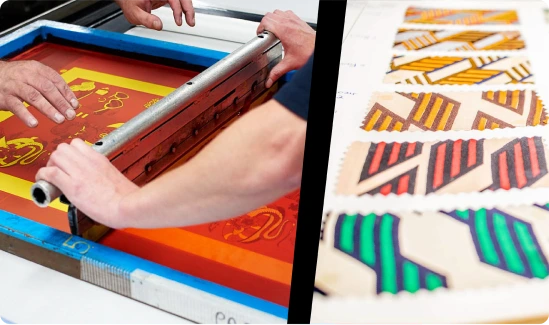
Silkscreen printing is among many ways to print designs onto an item. Due to its cloth-friendly nature, it is able to print solid-color designs onto just about anything, no matter the blend or processing of that material. Garant Impex employs negative ink to create a few of the designs in their pieces rather than using paper; this results in sharper photos.
The best place for our printing method is that we are open to more than certain machines for printing complex designs. This allows for the best result in terms of coverage and matching colors.
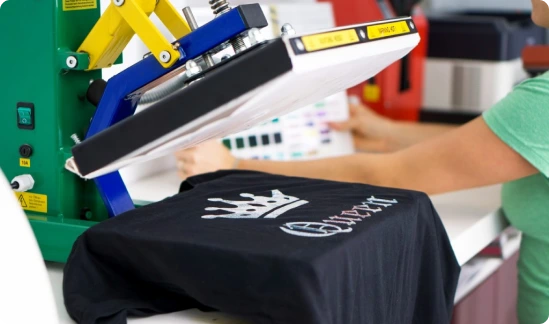
Synthetic fibers such as cotton, rayon, and polyester are the primary basis for the flock. After applying an adhesive liquid to the designated geographical area, the flock is applied to it.
Flock screen printing has an embossed and smooth texture. To get different colors, the first flock-colored dye is used for the base, then it’s layered on top of the adhesive coating given a screen. The result is a delicate velvety softness.
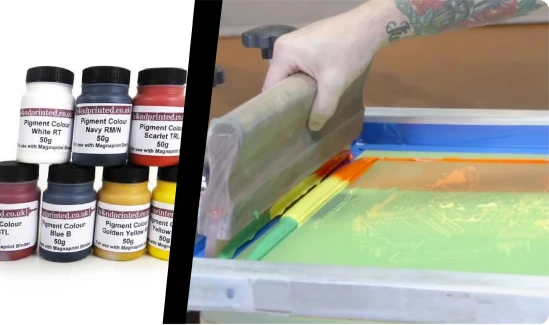
Due to the water-based price of the color, pigment screen printing, also known as water-based screen printing, is a lot like discharge screen printing. Still, the resemblance is that the color is impacted by water-based instead of Plastisol-based liquids or liquids. This technique is primarily employed on white and light-colored fabrics.
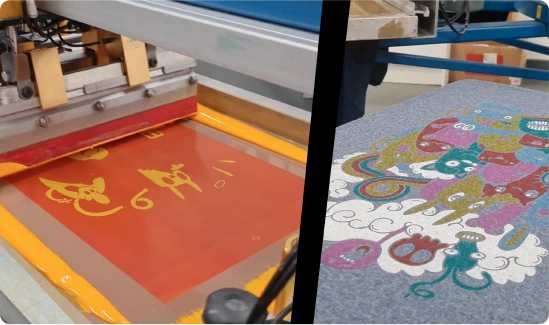
All machinery has remained the same for the discharge screen printing technique, but the inks used differ. Discharge inks are actually used for the method of printing onto shirts. When transferred to shirt material, these inks damage the original color and replace it with the applied color. The surface acts like cloth when it touches, providing a soft feeling. Discharge ink can be used as a standalone printing medium or to base another ink. It’s similar to water-based printing that’s usually done on darker fabrics. High Density (3D Printing)
Garant Impex offers high-quality printing services. Along with that, the professionals guide the brands regarding the accurate ways of utilizing the techniques. High-quality and high-definition printing are akin to puff printing, but that’s true only in concept. A soft character and imperfect printed edges generally characterize puff printing.
The viscosity of inks used for high-density printing allows them to slip through screens without adhering to them, so screens yield sharper and fine edges. But vivid hand-painted light effects give them a 3D look as well. This is where the shape quality of high-density printing comes in. Puffy inks for high-density printing create smooth, sharp edges but add a little extra puff. It is not recommended to wash high-grade prints frequently due to the high quality of paper material used. However, it could be useful to iron them on substances that do not have sufficient washing.
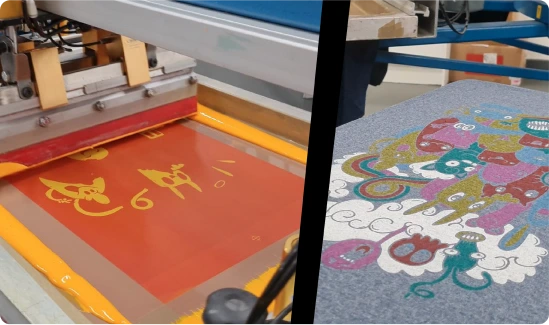
Digital printing is a valuable part of sports apparel manufacturing because it provides a highly efficient method of producing sportswear for individual athletes, teams, and clubs. Digital printing uses modern technology to create designs directly from computer files, dramatically reducing print costs and delivery times. Many clothing companies use digital printing to imprint high-resolution pictures on the fabric. The resulting garment is lightweight and comfortable, but it is also durable and made to withstand strenuous activity.
Compared to sticker heat transfer printing, Garant Impex offers a safer alternative, is much more reliable and has a lower removal rate than heat transfer printing. As with stickers, this print produces a similar effect to a sticker, but it has a long-lasting effect and can be used to print real-life images on the product.

Glow-in-the-dark printing follows the same steps as normal printing. The only difference is that glow-in-the-dark ink is used. For glow-in-the-dark printing, special neon inks are used. These inks are typically used to highlight images.
This kind of glowing image gives better results on fabrics with darker textures. This printing technique is used for funky and cool images that convey a sense of style. If you want to create a themed clothing line, the shirt glows best at night when there is no light.
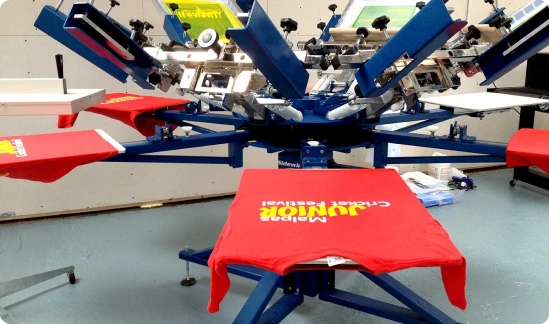
It uses specialized puff inks for screen printing t-shirts, sweatshirts, or jackets to give them a vintage appearance. Puff printing, on the other hand, uses specialized puff inks on screens. This technique is prevalent and is currently being applied to add a vintage look to t-shirts, sweatshirts, or jackets.
A puff printing process uses specialized puff printing inks on screens. Heat is applied to the image after ample ink has been transferred to achieve the puff effect. Images may require pure puffs, and some require Plastisol as an additive to enhance their shine. Despite the fact that puff screen printing seems to be raised, in reality, it is a puff containing mostly air in between. Consequently, a larger puff increases the risk of cracking the print.
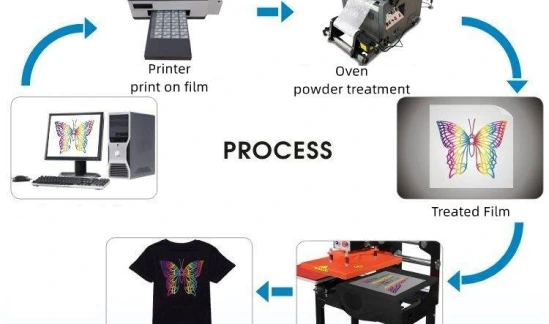
T-shirts, sports apparel, uniforms, and other items can be printed using Direct to Film Printing (DTF). Sports apparel is a perfect application for this method since it is a quick, easy way to print high-quality prints that won’t fade or peel, and can last for years. In the process, the image is placed on a film which is then exposed to a special light source. The film is then developed and adhered directly to the fabric.
It is faster and easier than other printing methods, so it is the fastest and most responsive to time-sensitive print jobs. This method also increases the consistency of print quality, enhancing printed materials’ visibility and durability. Direct-to-film printing also provides prints with outstanding durability and better resistance to fading.
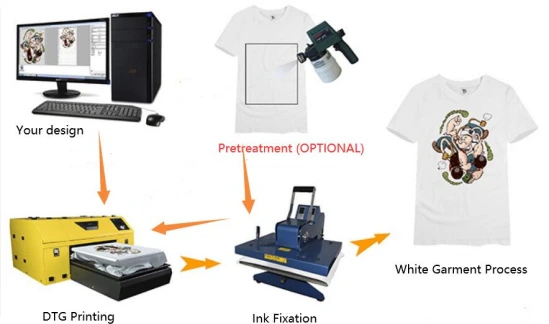
Due to its industrial utilization and high cost, DTG is one of the easiest and best ways to print, but it also has a higher minimum requirement.
In addition, Garant Impex provides the best possible quality print for a minimum order of only 100 pieces. Garant Impex’s mission is to elevate clothing brands with its Direct to Garment printing services.
